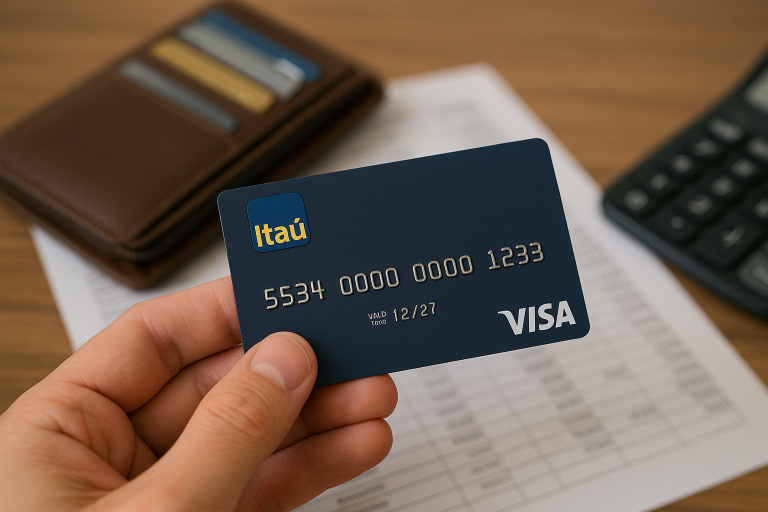
Managing your personal finances is an essential skill to ensure security and peace of mind in the future. With the rising cost of living, the growing availability of credit and the appeal of consumption, organizing your finances becomes more challenging, but equally necessary.
Fortunately, with a few simple strategies, you can transform your relationship with money and establish a healthy financial plan.
Here are some practical tips to help you organize your personal finances efficiently:
Before anything else, it's essential to have a clear view of your finances. This means knowing exactly how much you earn and spend.
To do this, start by writing down all your sources of income and expenses, categorizing them into essential (such as rent, electricity bills, and groceries) and non-essential (such as leisure, shopping, and entertainment).
Useful tool: A financial control application or an Excel spreadsheet can make this monitoring much easier.
A budget is the most important tool in financial management. It allows you to define how much you can spend on each category (housing, food, leisure, etc.) without compromising your financial goals.
With a defined budget, it's easier to make informed decisions about your spending and avoid debt.
Tip: When developing your budget, prioritize fixed and mandatory expenses first. Set aside a percentage for savings or investments, and then distribute the remainder among other categories.
Unexpected events happen. Whether it's a health issue, an unexpected retirement, or even job loss, it's important to be financially prepared.
An emergency fund serves to cover unexpected expenses without having to resort to loans or overdrafts. Ideally, you should have a reserve of at least three to six months' worth of your fixed expenses.
Practical tip: Save an amount every month, even if it's small, until you build your emergency fund.
Impulse buying is a major culprit in personal finances. Promotions, marketing campaigns, and even stress can lead us to spend without thinking.
To avoid this behavior, always make a list before you go shopping and pay in cash whenever possible.
Strategy: Before you buy something, ask yourself: “Do I really need this right now?” If the answer is no, it might be best to postpone the purchase.
If you have debts, make it a priority to pay them off as quickly as possible, especially those with high interest rates, such as credit cards or overdrafts.
Try renegotiating with your creditor if the installments are weighing on your budget. Debt organization should also be clear: know the total amount, interest rates, and repayment terms.
Useful technique: An effective strategy for paying off debt is the "snowball method," which consists of paying off the smallest debts first and, with the remaining amount, tackling the largest debts.
Once you've organized your finances and built your emergency fund, it's time to think about making your money work for you. Investing is an excellent way to maximize your earnings and protect your assets against inflation.
There are several options, such as savings accounts, Treasury Direct, investment funds, and stocks. Research the best investment option for your profile.
Tip: Start with more conservative investments, such as Tesouro Direto, and gradually familiarize yourself with other alternatives.
Financial education is an ongoing process. Read books, watch videos, or take courses that help you understand more about personal finance, investments, and financial planning. The more knowledge you gain, the better your financial decisions will be.
Suggested reading: Robert Kiyosaki's "Rich Dad, Poor Dad" and T. Harv Eker's "Secrets of the Millionaire Mind" are great books to start with.
Organizing your personal finances may seem like a complicated task at first glance, but with dedication and a few habit changes, you can have more control over your money and live a more peaceful life.
By following these practical tips, you'll be well on your way to achieving your financial goals and ensuring a more prosperous future.
Remember, the key is to be disciplined and persistent, always staying informed about new ways to manage your finances. The sooner you start, the sooner you'll reap the rewards of your good financial practices!